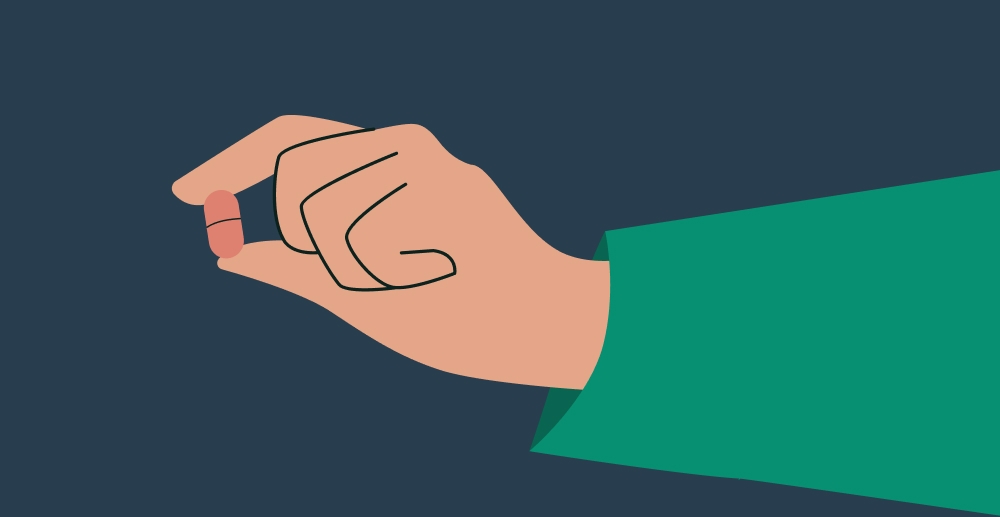There’s been a lot of buzz about dry tripping over the last year. With Spring Break upon us, here’s what you should know about dry tripping
Have you heard of “dry tripping?” It’s a travel trend of intentionally alcohol-free vacationing that has been generating a lot of press. As we move through Spring Break and toward vacation season, it’s a great time to shine a light on dry tripping.
Why are people dry tripping?
Dry tripping seems to have sprung up largely in response to a rising awareness of the harms alcohol can contribute to, and a greater interest in healthy travel. But even if you’re not committed to sobriety or living a yoga-and-smoothies lifestyle, alcohol-free travel can have a lot of benefits.
- Better sleep—Despite the ubiquitous “night cap” and the theory that alcohol will help you get to sleep, alcohol is actually a sleep disruptor. It interferes with your ability to reach and maintain REM sleep, so you may find you wake less rested after drinking the night before. On vacation, you’re already sleeping in a new place, with an unfamiliar bed and different nighttime noises. Why add the sleep issues that come from alcohol? Sticking to non-alcoholic drink options can help you enjoy better sleep on vacation.
- No hangovers—On a Spring Break trip or a vacation, it can feel like you need to pack your days with fun. When you’re that busy, who wants to spend a chunk of the day feeling physically miserable? Headaches, nausea, light sensitivity, body aches … dry tripping lets you skip all of that discomfort. Once you experience hangover-free travel, you may never want to go back.
- Make vacation memories without blackouts—I know that not everyone experiences blackouts, but a lot of drinkers do, especially when binge drinking in the fashion made famous on MTV’s Spring Break coverage. Taking an alcohol-free vacation means you can not only enjoy your travel and activities, but remember them, too.
- No designated driver means everyone can enjoy activities together—When friends are partying and drinking together, often one person is either the official designated driver or takes on a “babysitter” role to wrangle the more inebriated members of the group. But on a dry trip, no one needs to be the designated driver. Everyone can hang out together.
- Less drama—Alcohol lowers our inhibitions and impairs our thinking. It may increase aggression and irresponsible sexual behavior. Altogether, these effects of alcohol can lead us to say and do things that create consequences for us. Having a no-alcohol trip may decrease some of the Spring Break drama and conflict (but no guarantees. Some people bring a lot of drama even when sober).
- Maximize your travel budget—Alcohol is expensive. It can add up even when you’re buying it at your neighborhood grocery store. At a resort or destination town, purchased at bars or clubs, even a few drinks can impact your bank account. Avoiding alcohol can make your travel dollars go further.
- A safer vacation—From surfing to hiking to exploring a new city, most activities you might do on a trip are at least a little bit safer sober … and sometimes much, much safer. Staying with zero-proof drinks can be a harm-reduction strategy by helping you avoid the dangers (physical and social) that are an increased risk when you’re tipsy or drunk.
Tips for dry tripping over Spring Break
If you’re ready for booze-free travel this Spring Break or summer vacation, here are a few tips to help you plan:
- Pick activities and locations that you enjoy sober—Think of things you love to do without alcohol, and put those on your list. If you only ever enjoy jazz clubs with a gin in your hand or disc golf with a beer, those might not be the best fit for a dry trip. But the museum, ball game, beach, or comedy show that you love with no alcohol required … those will work well for your alcohol-free Spring Break or vacation.
- Travel with like-minded people—To be clear, you’re allowed to travel with whomever you choose! But it’s easier to have a fun dry trip without feeling pressured or left out if at least some of your traveling companions are also skipping alcohol.
- Explore the non-alcoholic drink options—We’re living in a groundbreaking era of mocktails, virgin drinks, zero-proof spirits, and non-alcoholic beers and wines. More and more bars, clubs, and resorts are including them on their menus. Consider trying out one of these delicious new alcohol-free drinks on your trip.
- Read our sober vacation tips—Our blog post “Staying Sober on a Summer Vacation” is mostly aimed at people in recovery, but some of its tips apply to dry tripping, too.
Is dry tripping just a fad?
You might encounter some folks who will be skeptical of dry tripping or tell you that you’re buying into a fad. I think this is pretty silly. After all, people used to say the same thing about Dry January, and now it’s a huge annual movement. The Dry January challenge at Workit Health this year had 1,052 participants, and ours was much smaller than some of the international ones.
And if dry tripping makes you feel happier, more present, or safer on your Spring break, does it really matter if it’s a fad? Enjoy it regardless.









